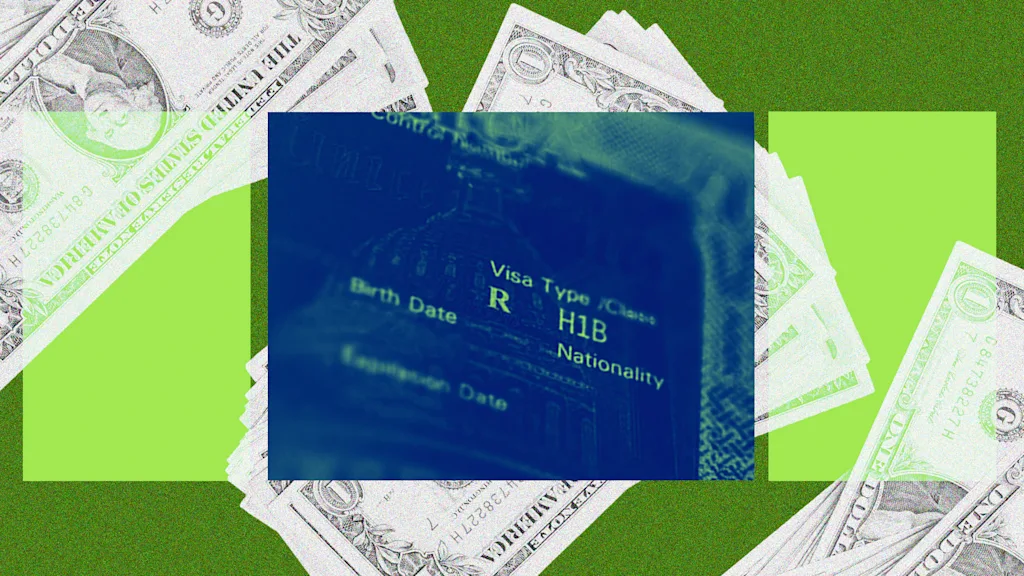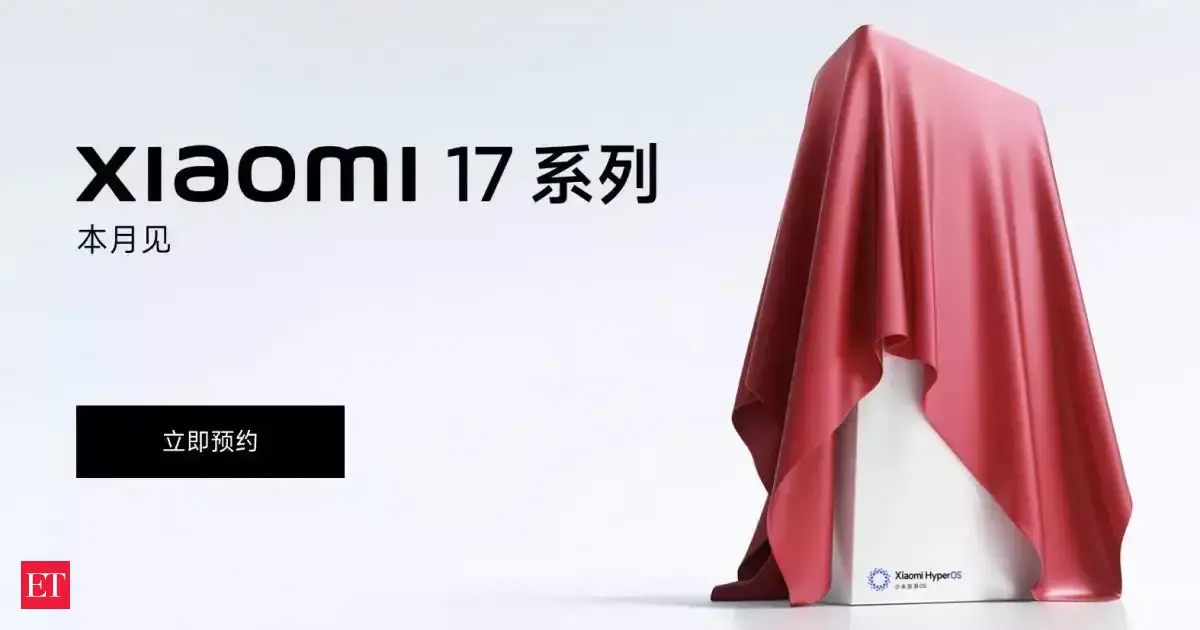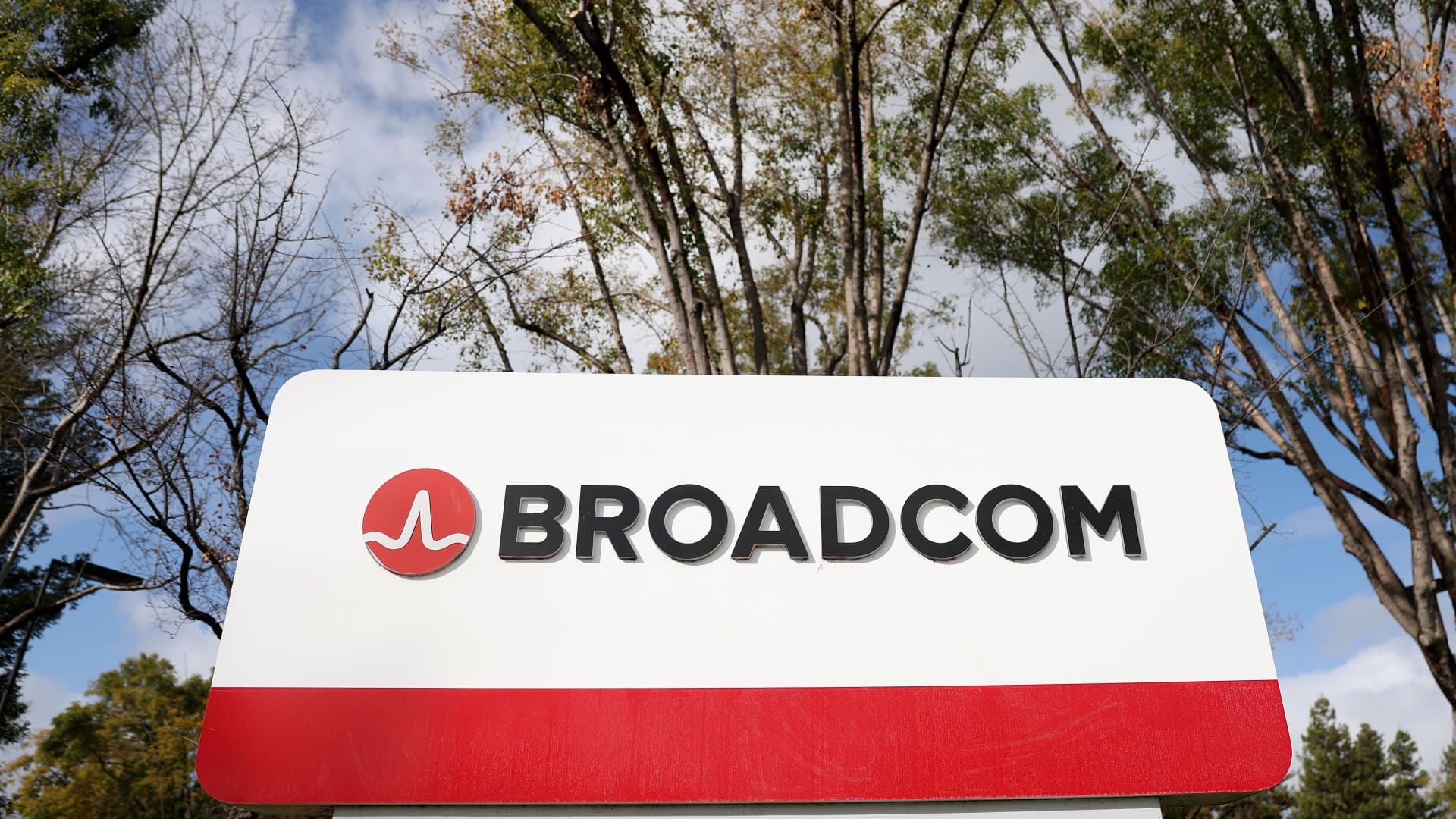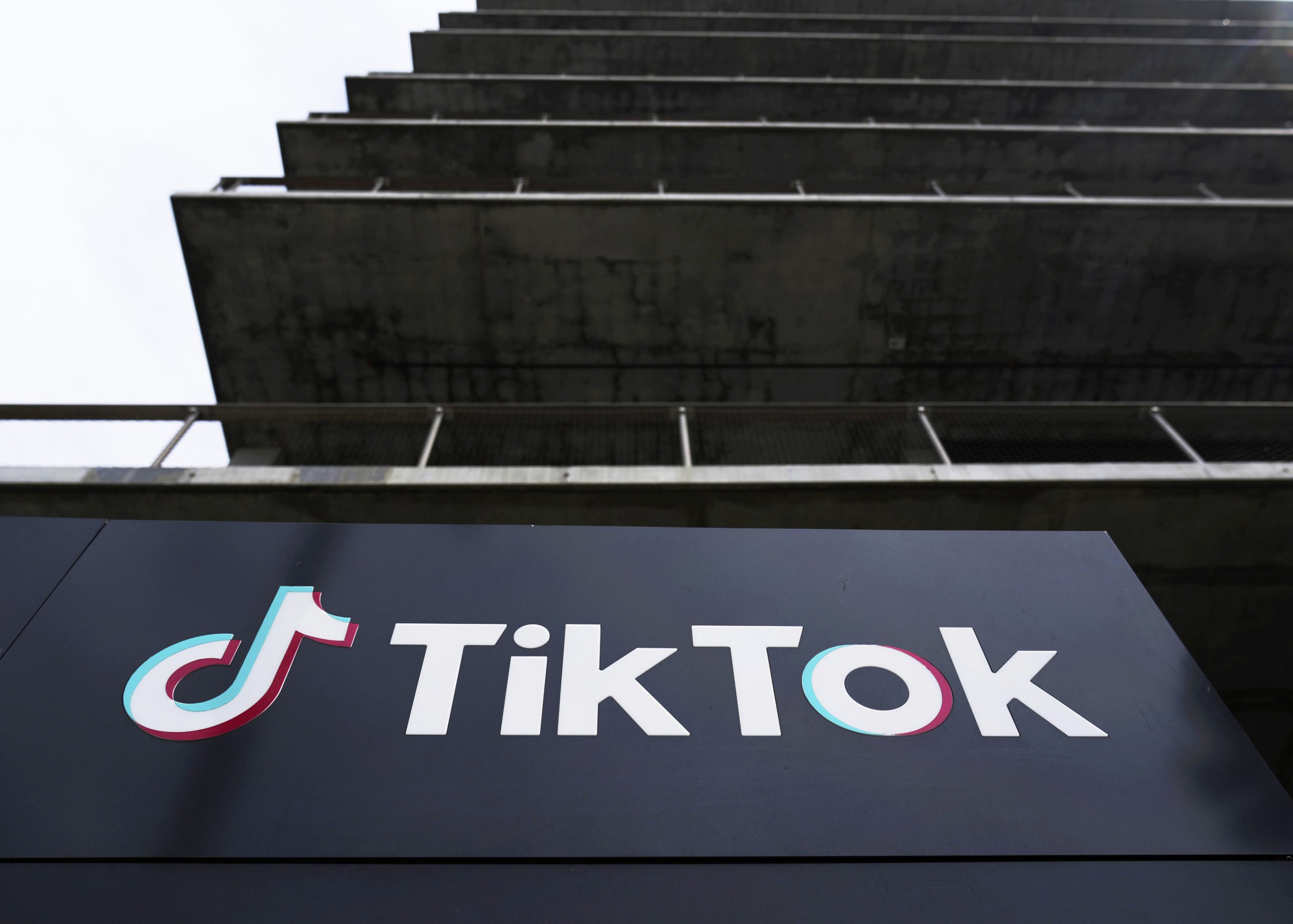
Just as employers were getting over the whiplash effects of President Donald Trump’s frequently shifting import tariff policies, they’re now scrambling to react to his decision to slap a $100,000 fee on the H-1B visa applications of highly skilled foreign workers. Even as White House explanations about plans for wider reform of the visa selection system helped settle the jangled nerves of current H-1B holders and their sponsoring companies, there’s a clash of opinions about whether the changes will help or hinder the U.S. labor market and businesses that have recruited employees from abroad.
In addition to that, many observers are already anticipating the ways businesses will seek to dodge the hefty cost of future H-1B applications, including hiring foreign workers in countries where the extra fee can’t be applied.
The abrupt White House announcement Friday that current application fees of $5,000 to $10,000 for H-1B visas will soar to a whopping $100,000 sent many business leaders into panic mode. That frenzy has calmed considerably since then, following statements by administration officials that the charge will not be applied to the estimated 730,000 current visa holders — contrary to initial indications officials gave. Instead, it will only be imposed on future applicants for lottery drawings used to select recipients from the far larger pool of people seeking the permit, the next of which is planned for March 2026.
That critical clarification generated sighs of relief from corporations like Amazon, which employs over 14,000 H-1B holders. Also reassured were Meta, Google, Apple, and Microsoft, which each have between 4,000 to nearly 5,200 of those visa recipients on staff. Other companies with foreign employee headcounts ranging from double to triple figures also cheered at hearing the new fee would not be charged to those existing residency and working permits.
Featured Video
An Inc.com Featured Presentation
But that detail brought little to no solace for startup founders and small business owners who also count on employing highly trained workers from abroad, and were planning on recruiting more after struggling to find comparable talent on the domestic labor market. Brand–new, scaling, and established companies that don’t have the deep finances that allow them to shell out $100,000 for H-1B visas may now find themselves stuck.
“If you’re a startup with new technology, and you’ve got some venture capital money, but you’re worried about burning through it too quickly, this could kill you,” University of California, San Diego STEM workforce development professor John Skrentny told the BBC. “What the Trump administration’s plan doesn’t seem to acknowledge is that not every company can spend $100,000 on a visa.”
‘No way we can afford $100,000’
Tech entrepreneurs aren’t the only business leaders worried they’ll be unable to recruit as usual.
“There’s no way that we can afford $100,000,” Karen Brady, chief executive of Seattle-based behavioral health nonprofit Ryther told the British broadcaster. “In terms of future hiring, we won’t be doing any more H-1B visas.”
The decision to increase the application fee as part of a broader revamp of the H-1B attribution system aligns with the protectionist, anti-immigration economic priorities of the Trump White House. Indeed, Friday’s announcement said the move comes as “American workers are being replaced with lower-paid foreign labor, creating an economic and national security threat to the nation.”
By making visa applications far more expensive, the reform says it aims to prevent U.S. companies from “laying off their American technology workers and seemingly replacing them with H-1B workers.”
Despite initial criticism from some business leaders, others have applauded the Trump’s H-1B selection revamp.
Those backers note the previous lower fees allowed far more people to apply for the vastly smaller number of visas available. That often created a huge pool of less skilled applicants participating in what in the end became a dumb-luck lottery drawing. That can lead to those lesser qualified contenders winning residence and work permits while more higher quality candidates are turned away.
For that reason, even some habitual Trump critics have applauded his reform decision for its goal of restricting H-1B applicants to only the most driven and skilled foreign workers — and the companies willing to sponsor them.
“I’ve worked on H1-B (sic) politics for 30 years,” said Netflix founder and Democratic stalwart Reed Hastings on social media platform X Monday. “Trump’s $100k per year tax is a great solution. It will mean H1-B is used just for very high value jobs, which will mean no lottery needed, and more certainty for those jobs.”
‘Eliminating up to 140,000 new jobs each year’
Yet even if the current, flawed H-1B selection process is likely to improve under these planned changes, critics warn the negative economic of the $100,000 fee may create.
With many startup founders and business owners already saying they’ll forsake the entire foreign worker option, JPMorgan Chase economists estimated this week the higher fee could lead to a drop of 5,500 in monthly H-1B applications. That translates to 66,000 fewer applicants over a year, or nearly 47 percent less than the 141,000 in 2024.
What will those businesses do instead? Some will hire domestically, making do with the best candidates they find at home. But many experts and economists expect other companies, both big and small, will find workarounds to recruit people who would have otherwise worked in the U.S. on H-1B permits.
Those options may include establishing offices in countries like Canada or the U.K., where sponsored worker visa procedures aren’t as exacting or expensive. Other companies, particularly in tech and finance, may decide to open workplaces in countries they recruit from heavily from, like India and China. Still others may simply hire foreign candidates to work remotely from their home nations as contractors — an arrangement that would also sidestep some of the costs on top of salaries of employing people in the U.S.
While those solutions may wind up helping employers, critics of Trump’s fee claim they’ll do nothing for the American workers the president says he’s protecting.
“These policies really don’t have the intended effect of balancing the labor market competitiveness of American workers,” Columbia Business School professor of global migration and entrepreneurship Dan Wang told the BBC. “There’s not a trace of data that suggests that American workers would benefit from this.”
Other experts say the reform could also hurt many U.S. businesses and workers alike. Loujaina Abdelwahed, a senior economist at Revelio Labs, told Bloomberg the huge fee and revamp may wind up being “effectively equivalent to dismantling the H-1B system, potentially eliminating up to 140,000 new jobs per year — about 10,000 per month — in U.S. companies that depend on skilled foreign talent.”



